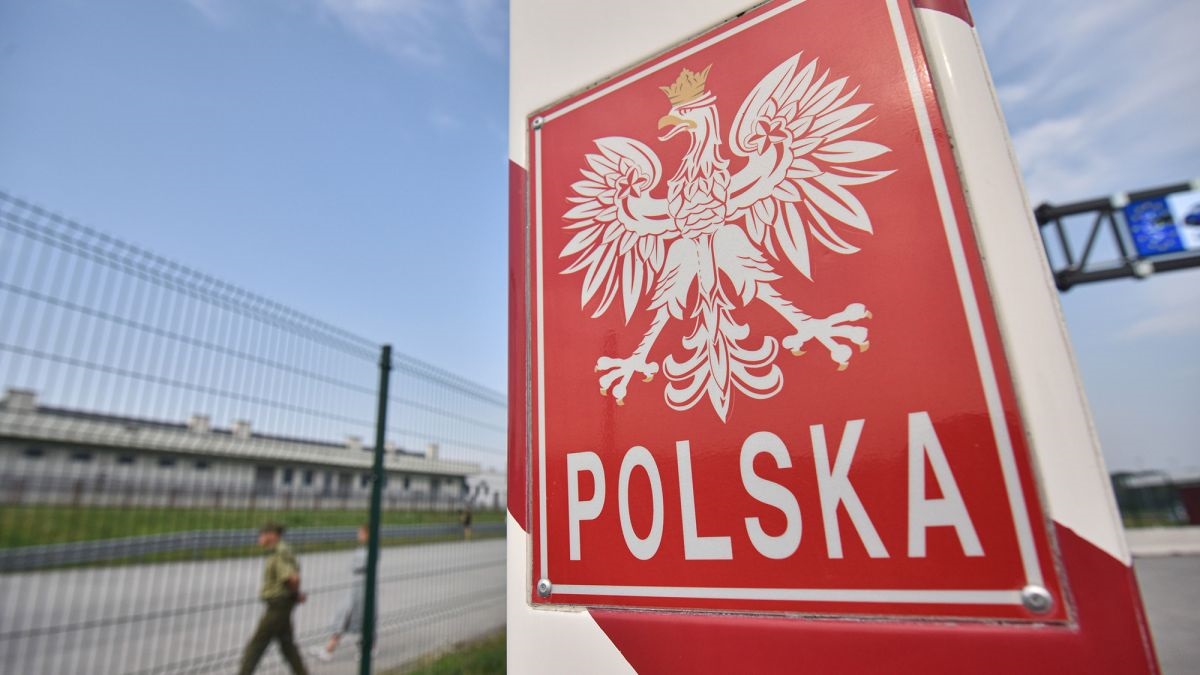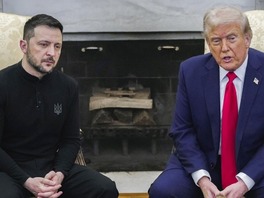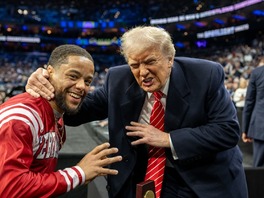Polish farmers persist in border blockades with Ukraine, posing an unresolved challenge. Ukrainian expectations for support from the new Polish government led by Donald Tusk were dashed, as Tusk expressed disapproval of the farmers' protestpreviously. Furthermore, the Polish leader advocated for a total ban on imports from Ukraine. Dive deeper into Donald Tusk's rationale in Apostrophe.
Not at our expense
As the farmers' protest persists, their demands multiply, exerting growing influence on Polish authorities. During the Visegrad Group (Czech Republic, Slovakia, Poland, Hungary) summit on February 27, Prime Minister Tusk unveiled significant statements in Prague, shaping the unfolding dynamics.
‘While expressing willingness to assist Ukraine, but when it comes to free trade with Ukraine, we must also take into account the interests of our communities, both social and economic. And in this case, our stance is clear: we need to work together with Brussels to aid Ukraine without compromising our economy, particularly the agricultural sector,’ Tusk said.
And the further the more.
‘We are discussing the possibility of extending the embargo to other products if the EU does not find a more effective way to protect the Polish and European markets,’ he said.
Furthermore, he went a step further by advocating for a comprehensive border blockade.
‘We are discussing with the Ukrainian side the complete closure of the border with Ukraine, but this will be a temporary solution,’ Tusk added.
He asserts that, from a Polish perspective, the cost of the decision on free trade with Ukraine is excessively high, extending beyond the concerns of farmers alone.
"We cannot pay this price, so we are looking for a solution that will protect the Polish market, as well as the European market, from being flooded with much cheaper agricultural products from Ukraine," the PM said.
Elections are more important
As the global analyst Volodymyr Volya highlighted in his commentary for Apostrophe, Tusk is strategically mindful of upcoming local and European Parliament elections, steering clear of conflicts with farmers amidst the current situation.
Mykhailo Pashkov, co-director of security programs at the Razumkov Center, also speaks about Tusk's domestic political motives
‘Tusk is not to be faulted. He appears open to compromise, leveraging his extensive experience to address challenges. However, domestic politics have made him a captive. Leading the coalition government with impending local elections, he prioritizes political gains, refraining from bold actions against the farmers,’ he says.
Volodymyr Volya suggests that Polish farmers' discontent stems less from issues with Ukraine and more from dissatisfaction with the EU's agrarian policies.
‘The ill-conceived agrarian policy of the European Union led to the fact that farmers from other EU countries joined the protests of Polish farmers,’ he says.
‘Poland and fellow EU nations aim to address the agricultural policy matter primarily with Brussels, necessitating a waiting period. Fortunately, there is ample time, especially given that Ukraine's primary agricultural exports bypass Poland’, Pashkov says
Quotas are imperative
According to the political scientist Vitaly Bala, unlike the Ukrainian government, Tusk is trying to solve the problem of the re-export of Ukrainian grain himself.
‘On Monday, Canadian Prime Minister Justin Trudeau and Polish Prime Minister Donald Tusk deliberated on boosting the export of Ukrainian grain and other crops to alleviate concerns among European farmers who perceive Ukrainian products as a market threat,’ he said.
Bala suggests that Kyiv's actions appear more as a PR move with limited focus on achieving tangible results. The Cabinet's visit to the border with Poland is cited as a clear example of the ineffectiveness of such endeavors. Prime Minister Denys Shmyhal said that the meeting with Polish officials at the border on February 23 did not take place.
As for the resolution of the grain issue, both Mykhailo Pashkov and Volodymyr Volya believe that it will happen soon. But at the expense of Ukraine.
‘Eastern European nations express concerns about competition from Ukraine,and therefore, I think that the EU will once again introduce quotas for Ukrainian agricultural products. mechanisms for the transit of Ukrainian products through the territory of the entire European Union will be organized.Farmers need guarantees that Ukrainian agricultural products will not be delayed in the EU. These are objective things that have acquired a political color,’ Volya says.
‘Poland, Hungary, Slovakia, and Bulgaria want to reduce Ukraine's competitiveness before its accession to the EU,’ Pashkov believes






